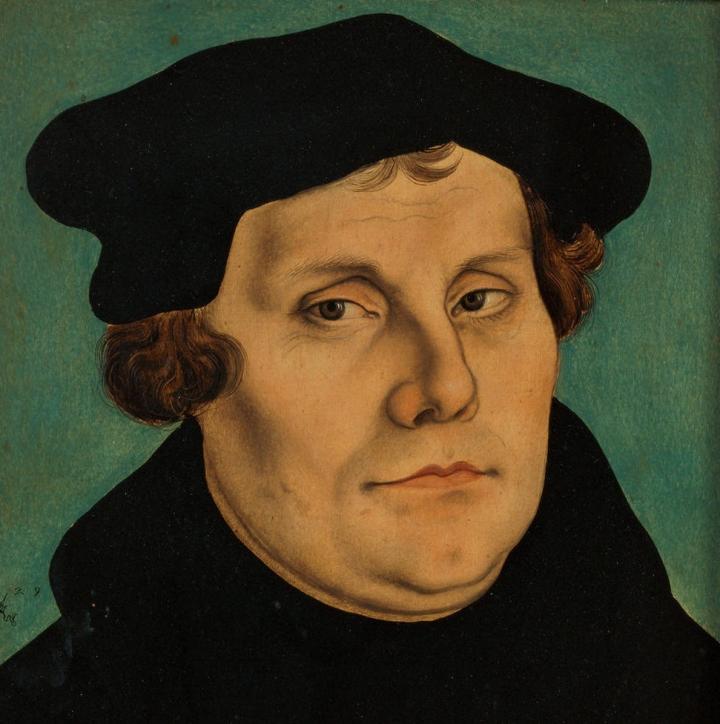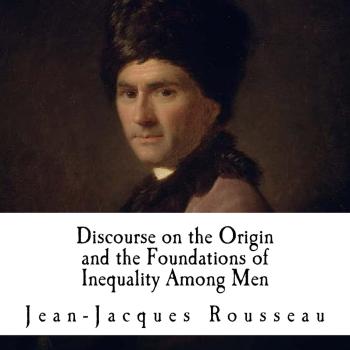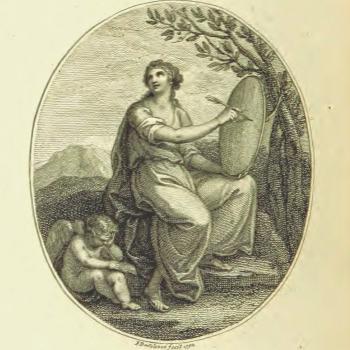While preparing for a conference concerning the Reformation, I came across a number of great quotes from the Reformers about the importance of the original languages.
After reading the Reformers, I simply pose this question:
Can we truly claim to be children of the Reformation yet neglect the original languages?
Each quotation below relates learning Greek and Hebrews to a given topic, which I list as a subtitle.

From Martin Luther
Dangerous
“…some suppose it is sufficient if the preacher can read German, but this is a dangerous delusion. For whoever would teach another must have long practice and special ability which are achieved only after long study from youth on. . . . For it is not an insignificant art to teach others clearly and correctly, and it is not within the power of such folk as have no learning.”
Consequences
“And let us be sure of this we will not long preserve the gospel without the languages. The languages are the sheath in which this sword of the Spirit is contained; they are the casket in which this jewel is enshrined; they are the vessel in which this wine is held; they are the larder in which this food is stored; and, as the gospel itself points out, they are the baskets in which are kept these loaves and fishes and fragments. . . . If through our neglect we let the languages go (which God forbid!), we shall . . . lose the gospel.”
No Christianity
“Experience too has proved this and still gives evidence of it. For as soon as the languages declined to the vanishing point, after the apostolic age, the gospel and faith and Christianity itself declined more and more until under the pope they disappeared entirely. After the decline of the languages Christianity witnessed little that was worth anything; instead, a great many dreadful abominations arose because of ignorance of the languages.”
No Reformation
“If the languages had not made me positive as to the true meaning of the Word, I might have still remained a chained monk, engaged in quietly preaching Romish errors in the obscurity of a cloister; the pope, the sophists, and their anti-Christian empire would have remained unshaken.”
Using Commentaries
“It is also a stupid undertaking to attempt to gain an understanding of Scripture by laboring through the commentaries of the fathers and a multitude of books and glosses. Instead of this, men should have devoted themselves to the languages. Because they were ignorant of languages, the dear fathers at times expended many words in dealing with a text.… As sunshine is to shadow, so is the language itself compared to all the glosses of the fathers.”
Preaching
“Though the faith and the Gospel may be proclaimed by simple preachers without the languages, such preaching is flat and tame, men grow at last wearied and disgusted and it falls to the ground. But when the preacher is versed in the languages, his discourse has freshness and force, the whole of Scripture is treated, and faith finds itself constantly renewed by a continual variety of words and works.”
From Melanchthon
Biblical Interpretation
“In order that there be certainty in the interpretation of the Holy Scriptures, there must be many who understand the language of the prophets and apostles and who can give information and testimony from their thorough understanding. In a word, whoever is to teach others properly must be prepared through the arts which are of service in that work.”
The Problem of Memorization
“There were some school teachers who did not even know how to read but had simply memorized some of the fundamental texts such as the Creed, the Ten Commandments, and the Lord’s Prayer.”
From Calvin
In Peter Goeman’s helpful article “The Reformers and the Original Languages,” he writes,
“In describing those who downplay the original languages and teach error, Calvin labeled such men as ‘oxen [that] usurp the reigns’ and ‘asses [that usurp] the lyre.’ Calvin also pointed out that the goal of such men was to ‘make all revere a Scripture hidden in darkness ….’” (p. 12)
Here are a few articles for further reading:
Bouma, Jeremy. “Why Study Biblical Hebrew? Neglect the Languages, Lose the Gospel, Says Luther!”
Goeman, Peter. “The Reformers and the Original Languages: Calvin and Luther on the Importance of Greek and Hebrew in Theology and Ministry.” MSJ 28, no. 1 (Spring 2017): 5–16.
Gonzalez, Justo. The History of Theological Education. Chapter 10.
Luther, Martin. “To the Councilmen of All Cities in Germany That They Establish and Maintain Christian Schools,” in The Christian in Society II, ed. Walther I. Brandt, trans. Albert T. W. Steinhaeuser and rev. Walther I. Brandt; Luther’s Works 45; (Philadelphia: Muhlenberg, 1962)
Schwiebert, Ernest. “The Reformation and Theological Education at Wittenberg.” The Springfielder, Vol. 28, (Fall 1964):9–43.













